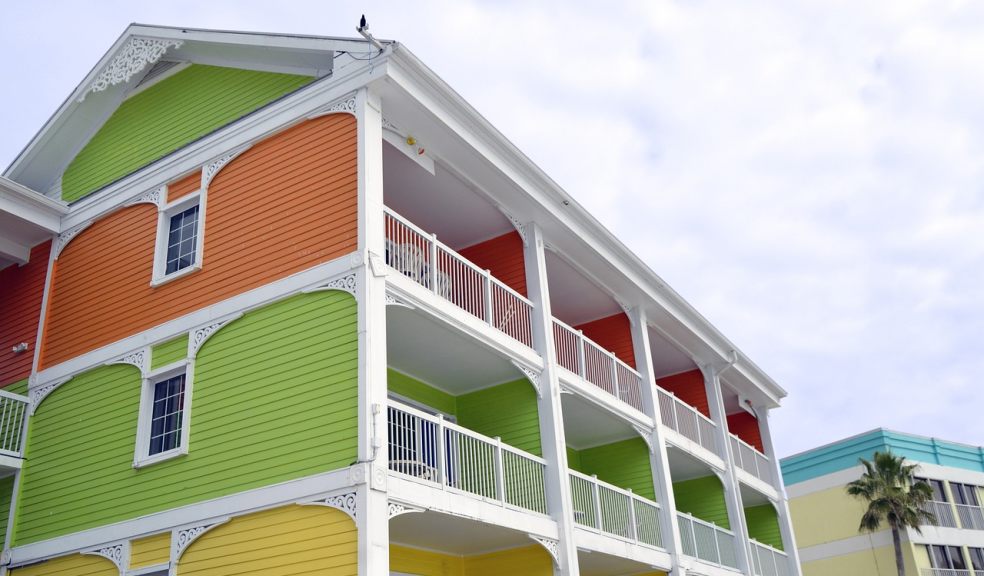
Economics of Buying a Beach Condo
Owning a beach vacation house is just one of the things people admire about celebrities like George Clooney and Leonardo Dicaprio. For a regular person, though, a beach condo can be a great source of income, and you get to live there for free when you are on vacation. However, as pleasant as the thought is, the economics of buying a beach condo is something to consider.
Here are some of the costs to keep in mind as you think about buying a second home on the beachfront;
1. Expensive real estate cost
The fact that a house is on a beachfront is enough to hike its price to unbelievable levels. For example, in 2015, the cheapest house in Delray Beach was $940,000 for a very tiny condominium. If you compare that price to an average home in the same state that goes for $160,000, you can see the difference. The only justification for spending 5 times the cost of your primary residence on something you won’t be using is if you have too much money to spare.
2. Huge borrowing costs
The interest rate on a vacation property mortgage is always higher than that of an owner-occupier home. If you consider the fact that the principal amount is already huge, a small percentage increase on interest can make a huge difference in your monthly payments. You can use habito to calculate the mortgage on a $1 million house and see how much you will be paying every month.
3. Exaggerated insurance rate
You guessed it right; the insurance rate of a beach house is a few times more than that of your primary home. This is because insurers assume that a beach house is more vulnerable to destruction from hurricanes and floods. Ideally, you will be coughing up an annual premium of $10,000 or more. Similarly, you can also expect that your tax rate will be higher, especially if you want to rent out the place.
4. Property management
When you are two states away from your beach condo, you will need someone to manage and maintain your house. The job of a property manager includes advertising and marketing so you can have tenants throughout the year. They also deal with all the paperwork concerning rent, and take care of general maintenance on your house to keep it looking good. A property manager gets 25% of the income of a house, and you will spend another percentage on maintaining the premises.
5. Other bills
You know all about the regular expenses in your home that include water, power, cable and internet. As you pay these expenses, remember to pay the bills of your second home as well even if you are not living there.
Owning a beach condo is a beautiful thing if you can afford it without taking a loan. If you have to take a mortgage, make sure you have enough cash left after paying all your other expenses, including your 401k and savings for a rainy day. As much as rental income can help to offset the monthly payments, terrible things happen, and you may not always have tenants.




















